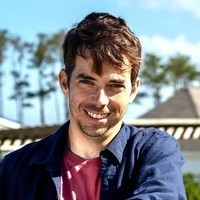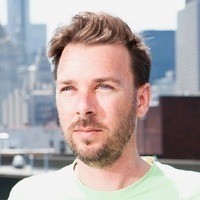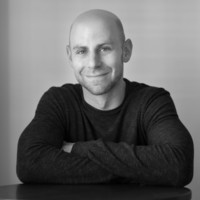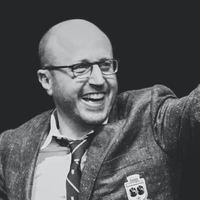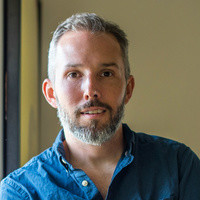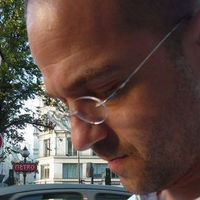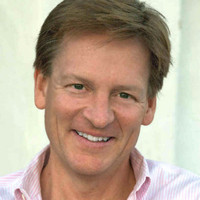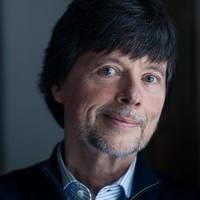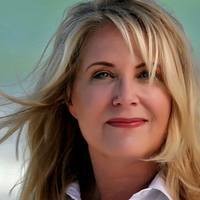Ask A Mormon! A Conversation
But you were drinking and having premarital sex, right? Isn’t that kind of an indirect way of questioning your faith? Is disobeying questioning? It can be, but I don't think I was really pondering questions of faith when I started drinking in high school, and the premarital sex didn't actually happen until after I graduated. I think looking back the answer is yes, I was looking at other options. But I didn't think about it in those terms then. I think lots of people of every faith experiment in these ways but ultimately decide to embrace their religion.
